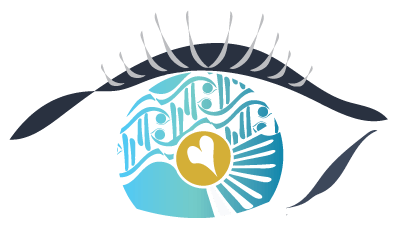 Following traumatic brain injury, depression could be a side effect, although new research suggests you can prevent this from happening.
Following traumatic brain injury, depression could be a side effect, although new research suggests you can prevent this from happening.
According to new research, the antidepressant Zoloft has the capabilities to prevent depression from ruining your life.
Dr. Paul Mattis, the chief of neuropsychology at Northwell Health’s Neuroscience Institute, explains that the new research, “provides further support of the possibility that depression following neurological injury could be avoided, rather than treated after the fact.”
Dr. Ricardo Jorge of Baylor College of Medicine led the new study with 94 randomly selected patients suffering from traumatic brain injuries. They were given a low dosage of sertraline (Zoloft) or a placebo pill for six months or until they developed significant symptoms of mood disorders.
The first half was given a placebo while the second half took the 100mg of Zoloft every day.
According to the study, a tiny dose of Zoloft is capable of preventing depression following a brain surgery.
However, the study population was too small for conclusive evidence, so the researchers suggest more studies to confirm the new findings before treatments, and clinical trials could be made.
The chair of behavioral health at Winthrop-University Hospital, Dr. Aaron Pinkhasov, agrees that the new findings are insufficient. He said, “This study does not convince me to start low-dose antidepressants before I see any signs of depression.”
He further explained, “We should always consider the risks/benefits ratio of medications, and while selective serotonin reuptake inhibitors [SSRI antidepressants] generally have a benign side effects profile, some of the side effects are still there.”
The researchers did note that there were also incidents of side effects like diarrhea and dry mouth in patients taking Zoloft more than patients taking the placebo.
Pinkasov added, “Instead of starting all patients with TBI (traumatic brain injury) on antidepressants, I would encourage timely and proactive screening for depression, which would likely provide equally useful results. [Although], the idea that the added burden of depression in patients recovering from brain injury could be reduced is encouraging.”
Hopefully, more studies will be able to add conclusive evidence on the effects of Zoloft on post-head injury patients in preventing depression.

0 Comments